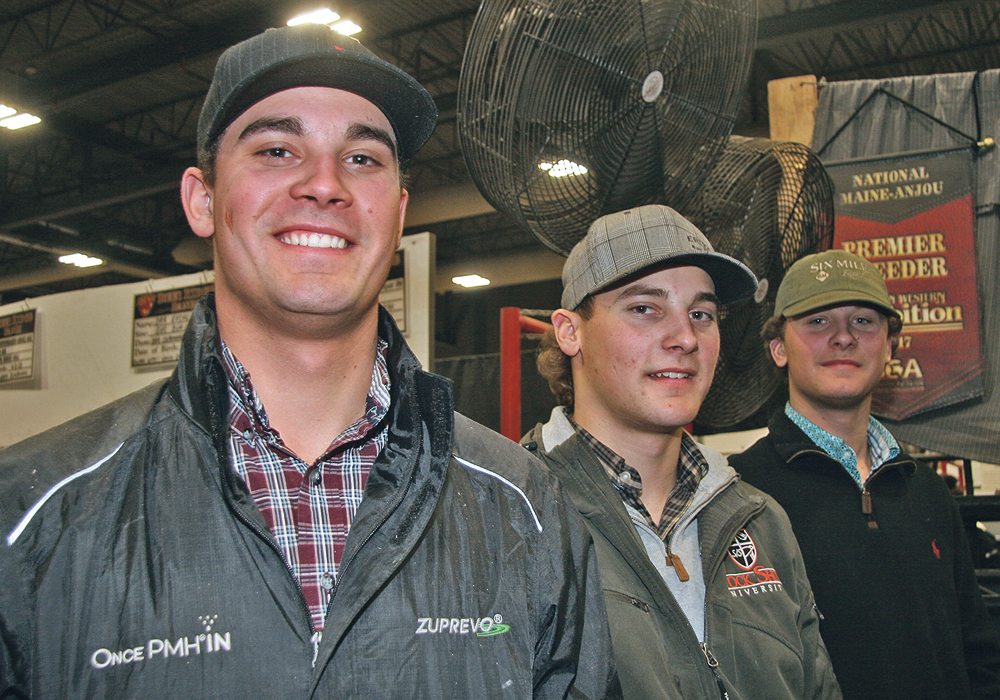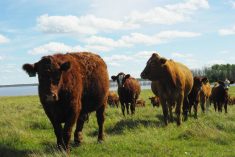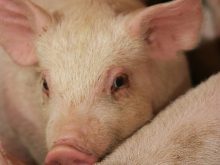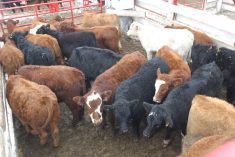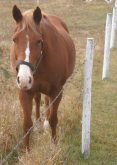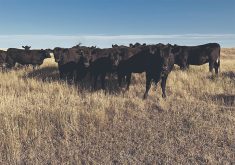REGINA — At the Pashulka household, life revolves around the beef business.
Maine Anjou enthusiasts, parents Ken and Josie and sons Tyson, 19, Riley, 17, and Taylor, 15, spend their weekends at shows or getting ready for the next event.
“Pretty much every weekend we are gone jackpotting,” said Tyson, who is also a welder.
The boys enter jackpot shows with home-raised steers that they also sell each year through an online sale that offers about 25 lots. Cattle sell to 4-H members and steer show entrants.
The 4-H customers want quiet cattle, while those who enter jackpot competitions want stout, fancy steers.
Read Also

Beef check-off collection system aligns across the country
A single and aligned check-off collection system based on where producers live makes the system equal said Chad Ross, Saskatchewan Cattle Association chair.
At Canadian Western Agribition, the family-run Rusylvia Cattle Co. of Derwent, Alta., won premier breeder and exhibitor, grand champion percentage female, grand champion purebred female and percentage champion bull.
The percentage animals are Maine Anjou and may be crossed with an Angus, for example. They are considered Maintainers when the breeding is one-quarter to three-quarters of the breed.
They have about 425 cows with about 200 commercial cattle and the rest are registered Angus, Simmental and Maine Anjou. They sell about 40 purebred bulls a year. They artificially inseminate about 150 cows a year and produce 75 embryos.
Three years ago they had a junior champion at the National Western Stock Show in Denver. Progeny from Mr Rusylvia Bennilli 6B are now hitting the ground and winning at shows.
“Animals we have here are progeny from the bull they had in Denver,” said Ken.
“The boys took some of his daughters and full siblings and they were winning the jackpot shows with purebred Maines. They don’t necessarily need strictly club calves. It is the Maines that can win these jackpot shows.”
They also have a grain farm but are first and foremost beef producers.
They direct market their cattle to Spring Creek Premium Ranch Beef where the branded beef is sold to restaurants and high end retailers.
The cattle have no added hormones and raised without the use of antibiotics. There is strict protocol for animal welfare and health care. They have to practise low stress handling, provide traceability and follow sustainable agriculture guidelines.
Pain relief must be provided during castration, and since their animals are polled, they do not have to remove horns.
They background the calves, which are fed at Highland Feeders in Vegreville, Alta. Cargill Meats handles processing.
“We just treat it like every day business,” Ken said. “Not every animal qualifies for (the premium program) but we get a big majority that makes it every year.”
They were among the original suppliers when the program started and have acted as spokespeople for the company.




